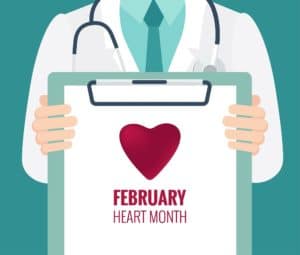Halitosis, commonly known as bad breath, can be uncomfortable and embarrassing. However, it’s often a treatable condition with the proper dental care. If you’re dealing with persistent bad breath, your dentist in Reno has the right tips and tools to help you solve the problem.
Understanding the Causes of Bad Breath
Bad breath can happen for several reasons, so it’s essential to identify the cause to get the proper treatment. Some common factors that contribute to halitosis include:
- Not brushing or flossing sufficiently allows bacteria to linger and multiply.
- Certain foods and drinks, like garlic, onions, and coffee, can impact your breath.
- Tobacco use is a significant contributor to bad breath.
- Medical conditions like diabetes, sinus infections, and gastrointestinal issues can cause bad breath.
- Dry mouth occurs when there’s not enough saliva. Saliva is necessary to cleanse the mouth and remove particles that may cause odor.
Dental Care for Fresh Breath
A visit to your Reno dentist is essential if you suffer from bad breath. They can offer several beneficial services that can fresh breath, such as:
- Regular Exams & Cleanings
These regular checkups and professional dental cleanings help remove the plaque and tartar that brushing alone can’t tackle and can help your dentist spot any signs of lingering problems that may be causing bad breath, such as gum disease.
- Tailored Dental Hygiene Advice
Your dentist can show you how to brush and floss effectively at home to combat bad breath and maintain a healthy smile.
- Recommendations For Specific Products
Numerous mouthwashes and toothpaste are designed specifically for halitosis, and your dentist can help you find the best option.
- Managing Dry Mouth
Your dentist can recommend various treatments to restore moisture if you suffer from dry mouth.
Steps to Manage Bad Breath at Home
Alongside professional dental care, there are effective measures you can take at home:
- Maintain good oral hygiene by brushing at least twice daily and flossing daily.
- Use an excellent antibacterial mouthwash to help reduce odor-causing bacteria.
- Stay hydrated to moisturize the mouth and wash away food particles and bacteria.
- Stop smoking to improve your oral health and breathing significantly.
If you’re tired of worrying about bad breath, make an appointment with a dentist near you. They are ready to provide the guidance and treatments necessary to help you enjoy a fresh, healthy smile. Don’t let bad breath affect your quality of life—seek professional help and breathe easier today!
 Phone:
Phone: 









